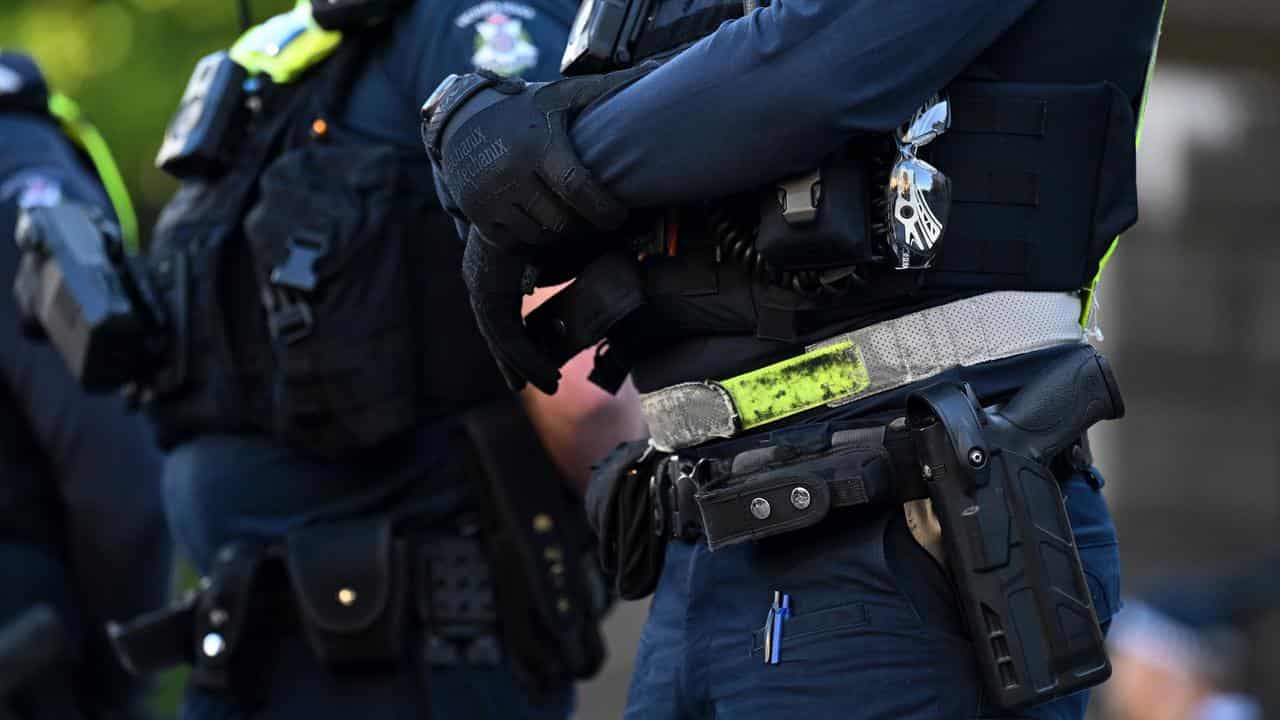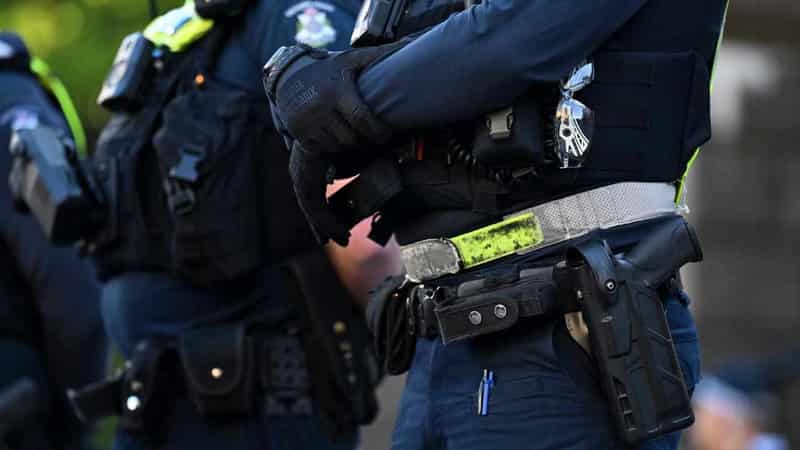
Aboriginal and Torres Strait Islanders are 11 times more likely to be stopped and searched by Victoria Police than Caucasians, according to new figures.
The Centre Against Racial Profiling has released data of four years of police searches, provided under freedom of information laws.
In 2023 alone, there were about 17,000 police searches.
The centre claims the numbers demonstrate police are still targeting people of colour.
It says the data, collected over the past four years, suggests that racial profiling is just as much of an issue in Victoria as it is in New York.
It's a claim the force strongly denies.
The data provided to the centre was incomplete due to officers failing to enter the perceived ethnicity of those they search for almost 40 per cent of cases.
Of the entries that did list the ethnicity of those searched by Victoria Police, it shows that in 2023 officers were 11 times more likely to search Aboriginal and Torres Strait Islanders than someone perceived to be Caucasian.
The data also shows that based on the completed entries, police were almost eight times more likely to search a person they perceived to be African.
The data only captures searches of individuals and does not include vehicle searches.
The Centre Against Racial Profiling said those of Middle Eastern background are five times more likely to be searched.
However, the police data grouped both Mediterranean and Middle Eastern ethnicity under one umbrella.
Victoria Police "continues to practise racial profiling and over-policing of racialised and First Nations people," lead researcher Tamar Hopkins said.
Ilo Diaz from the Police Accountability Project said the data showed more needed to be done to stamp out racism within the police force.
"It doesn't make sense that First Nations and other racialised communities are experiencing such a disproportionate police response," he said on Tuesday.
"This systemic racism is allowed to fester in Victoria Police, with little to no consequences. This needs to change."
A Victoria Police spokesperson said the organisation had a zero-tolerance policy towards racial profiling.
It banned racial profiling in 2015 and in 2013 released its Equality is not the same report on tackling equity in policing after settling a Federal Court claim.
"Our officers are trained to police in response to a person’s behaviour, not their background," the spokesperson told AAP.
According to police, each search must be justified as both necessary and proportionate, and there are limited circumstances that a person can be searched prior to their arrest.
In most other circumstances the person to be searched must be under lawful arrest.
13YARN 13 92 76
Lifeline 13 11 14









